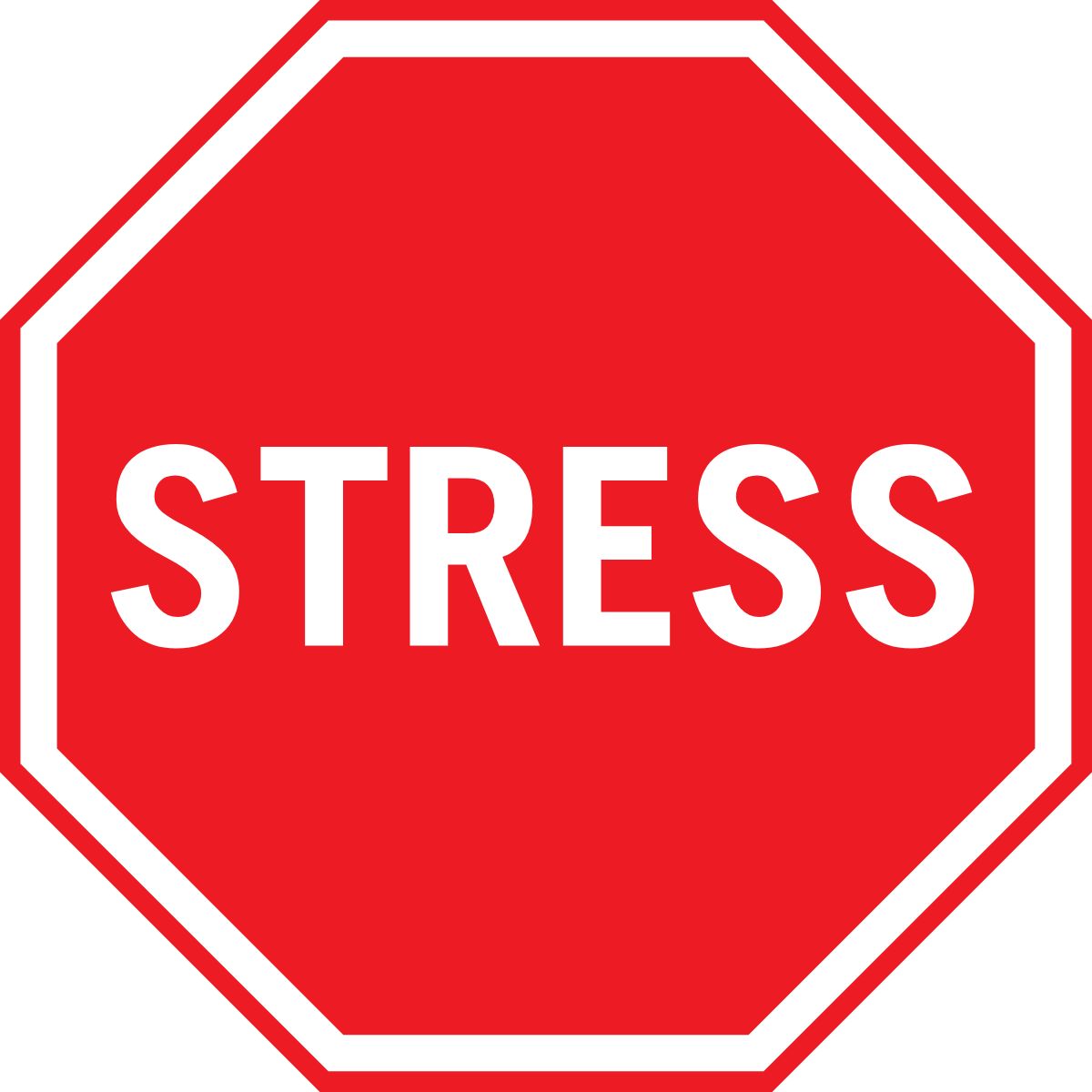You may be exhausted, but you have managed to find the energy for self-sabotage that is keeping you stuck.
You’ve found it’s easier to fail and make excuses, with a side of blaming others for your inaction or lack of success.
This is what I did when I was struggling with my severe burnout. And, it’s the vicious cycle I find many of my clients struggling with, too.
Self-sabotage isn’t an obvious cause to feeling stuck or out of control. Nor, is it easily identifiable as something that deepens the exhaustion you’re already struggling with while burned out.
You’re working so hard and sacrificing so much, so it feels insulting that I would suggest that you’re stuck because… you want to be.
How it Becomes a Staple Behavior of Burnout
Self-sabotage is when you intentionally do (or don’t do) something that undermines your progress and prevents you from accomplishing your goals.
It’s a coping mechanism that many use to deal with stress because of its ease and its immediate impact when feelings of loss of control surface. When you are burned out, you are already trying to manage exhaustion that is created by chronic stress.
This is when self-sabotage sounds the most appealing in your burned-out mind – consciously or unconsciously – because you control what happens next in a moment when it feels like the world around you is unmanageable. You either do the thing that needs to get done… or you don’t.
This false sense of control only deepens your exhaustion and creates a vicious cycle of self-destructive behaviors and obstacles that take even more energy and produce bad decision-making.
Six Ways That Burned-Out, Stressed-Out, and Exhausted People Self-Sabotage and Create Obstacles
According to Psychology Today, these are six ways that burned-out, stressed-out, and exhausted people self-sabotage:
- You’re a poor planner and disorganized: Planning and organization take a lot of mental effort. If you’re exhausted, you don’t have the energy for this upfront in ways that will save stress later.
This doesn’t just apply to business or work, but also to your personal life. People who are exhausted don’t plan enjoyable activities like time off or vacations. They also can’t find the energy to plan and organize support for themselves. Things like delegating tasks to an assistant or housekeeper.
- You have developed poor systems and routines: Having good systems and set routines takes a lot of decisions off of your plate and conserves a lot of energy. They allow you to plan once, then enjoy the benefits on an on-going basis.
A great example: You always take vacation the last two weeks of July. This eliminates several decisions. You don’t have to decide if you’ll go on vacation or when you’ll go – two major barriers to taking time off.
Good systems and routines also prevent the stress caused by forgetting something because you know what’s coming up and expected.
- In weak moments, you do things that have a good chance of generating stress and requiring additional time: I confess, this is my downfall. When I’m too tired to do something – anything – I make a decision that often costs me time and more energy later. A great example: paying bills. Putting off paying bills can lead to late fees, which means I have to work harder or longer to earn more money to cover these late fees.
- You prioritize the wrong things: When you’re burned out and exhausted, you’re in survival mode. You’re just trying to keep going, but you aren’t really thinking clearly. So, you end up procrastinating tasks that are unfamiliar or require more brainpower than you currently possess. Instead, you default to tasks that give you the sense that you are being productive – also known as “busy work.” Keeping yourself swimming in busy work is creating a self-sabotaging obstacle.
- You’re waiting until you’re not exhausted to do things that are enjoyable: Here’s the kicker about exhaustion – it encourages you to put off the very things that would make you feel better or make your life easier. So, you make excuses not to do enjoyable activities that would break your stress cycle and create energy through endorphins. This means you’re not experiencing the psychological benefits of doing pleasurable activities, which include stress relief and helping you get a perspective on what’s important to you.
- You’re waiting until you’re not exhausted to systemically solve your problems: You know you have an inefficient routine or system, and you don’t have the mental energy to fix it. You tell yourself you will make needed and healthier changes when you have more energy.
You Don’t Do This Just Because You’re Tired
Even though you are exhausted, your mind has done a lot of mental gymnastics to create self-sabotaging obstacles.
You create obstacles to stay stuck in burnout because:
- Fear of failure
- Feelings of safety in a comfort zone
- Enjoy the drama self-sabotage or excuses create
- Low self-worth
- Avoiding responsibility
- Analysis paralysis
- You’re a control freak
In your mind, these things are easier than summoning the energy that it will take to make progress and move forward. You know there will be consequences for your actions, but that can gets kicked down the road.
This is usually where the “I can’t do anything about it” trap crops up. When you believe you have little to no control over a stressor, you focus on something called “emotion-focused” coping. You use it when you feel overwhelmed and pressured by things that are inflexible or out of your control. You feel like there is nothing you can do about it, so you give in to self-sabotaging solutions like procrastination, ignoring a problem, or make excuses.
Identify Your Personal Self-Sabotaging Obstacle Makers
There are many different patterns associated with self-sabotage and burnout. A helpful way to begin identifying forms of self-sabotage is to frame your situation using the following sentence:
I want to achieve (goal), but I keep doing (behavior).
For example, I might say “I want to eat healthier, but I keep ordering restaurant delivery.”
Now that I have identified the goal or the change I want to make and the behavior that gets in my way, I can ask myself why I order out instead of eating healthier at home. (Basically, ask yourself why you give in to a certain behavior instead of doing what is necessary.)
In this case, I give in to restaurant food because:
- I’m too tired to cook.
- I don’t have any healthier food in the house.
- I don’t enjoy cooking.
From this list, I can come up with solutions that can support and help me achieve my goal to eat healthier.
- It’s okay to order out, but I can also order healthy food.
- Make a grocery list, order groceries online, and have the groceries delivered weekly.
- Find healthier options for food delivery services, pre-packed meals.
Earlier I mentioned that it takes energy to make decisions and find solutions. However, sometimes, if we can clarify our problem(s) easily, then understand where our behavior is coming from – it doesn’t take as much brainpower to solve them. It’s the overwhelm that is sucking our energy dry.
Strategies to Re-Energize Yourself and Kick Self-Sabotage to the Curb
Burnout and chronic stress are exhausting. It feels like you’ll never have energy or brainpower to make good decisions again.
There are baby-steps you can take to start building your energy back up so you can create better systems and routines. Try these three first:
- Create some self-imposed rules about stress-generating things you won’t do and stress-saving alternatives you will do. Let’s say you know your lack of planning and organization create a lot of stress. Pick one small thing you can plan in advance and set up a routine for it. Maybe this “small thing” that generates stress is what to eat for lunch every day. The stress-saving alternative is to create an easy menu where you either reheat your left-over dinner from the night before, have an inventory of frozen meals you can grab on your way out the door, or keep a few pre-made salads from the grocery store on hand.
Why this works: You are making decisions and coming up with solutions ahead of time so you don’t have to scramble at the last minute. This works best with things that you know happen nearly every day… like eating lunch. The feel good props will motivate you to do something productive with this “extra” energy.
- Allow yourself to rest. If you find yourself perpetually exhausted, that’s your sign that it’s critical for you take a break and regenerate your energy. “Rest” doesn’t always mean sleeping or taking a nap. Other things that qualify in the rest category:
– Stretching
– Reading a book for fun
– Working on a hobby
– Spending time with you best friend
– Doing something that makes you laughWhy this works: You are giving your brain the necessary mental space and break it needs to gain clarity and produce energy.
- Work on systems and routines that will give you more pleasure and support more easily. Creating systems and routines doesn’t mean you always have to be hands on. Look for ways that productivity can happen without your involvement. For example, a robot vacuum. It runs without your help and keeps your floors clean.
Why this works: When you see that you don’t have to do everything in order for things to get done, you’ll be more likely to delegate tasks to free up time and energy.






